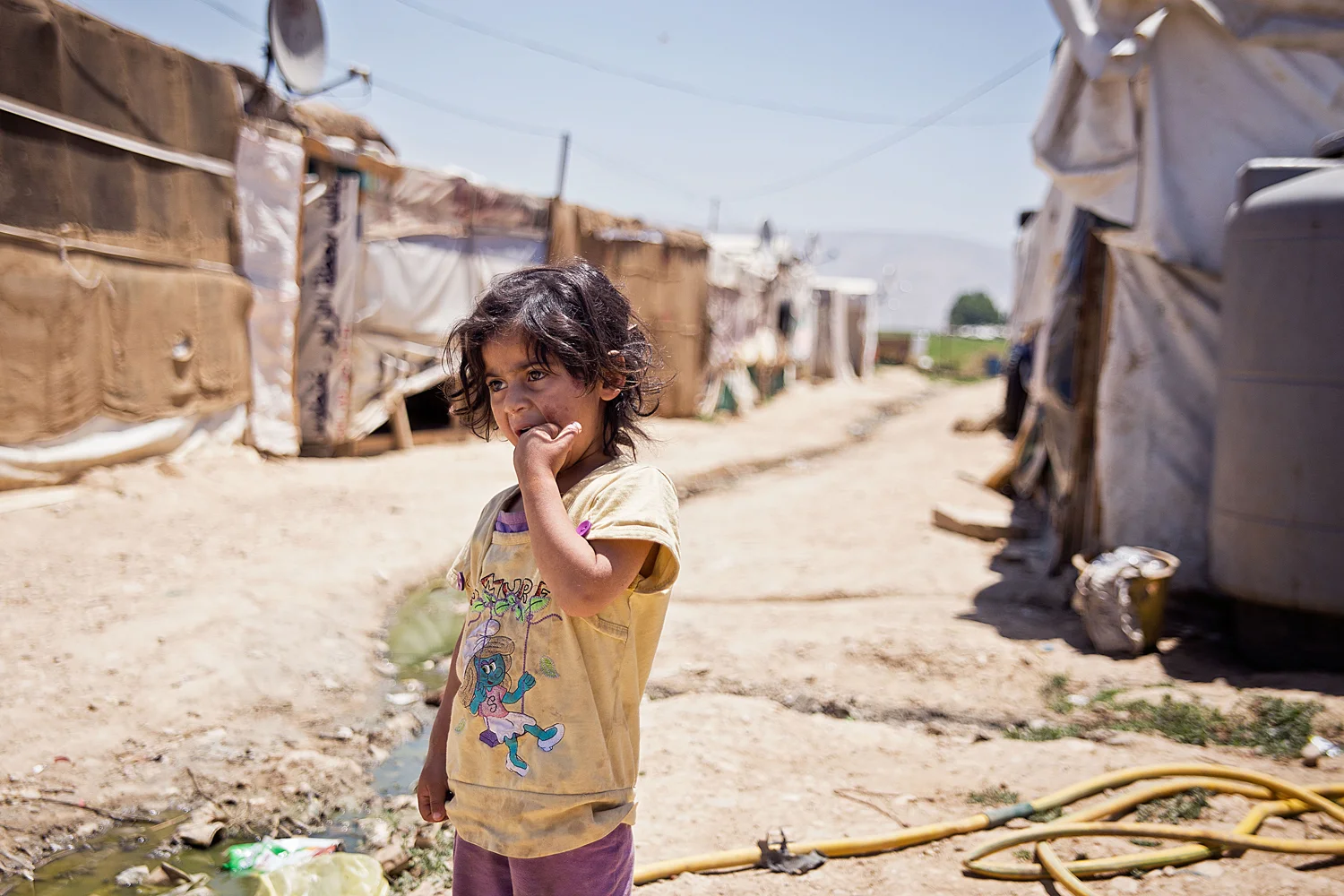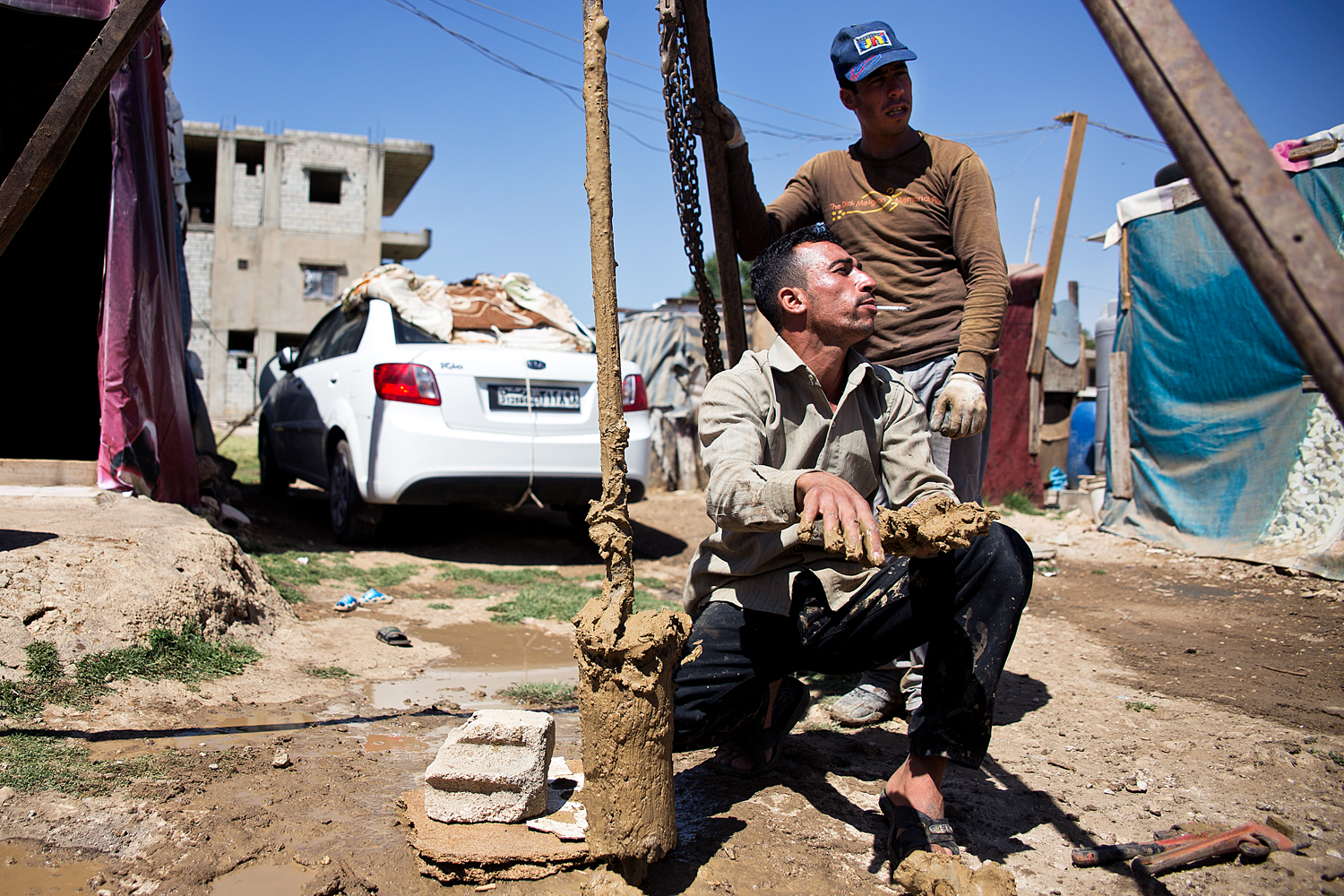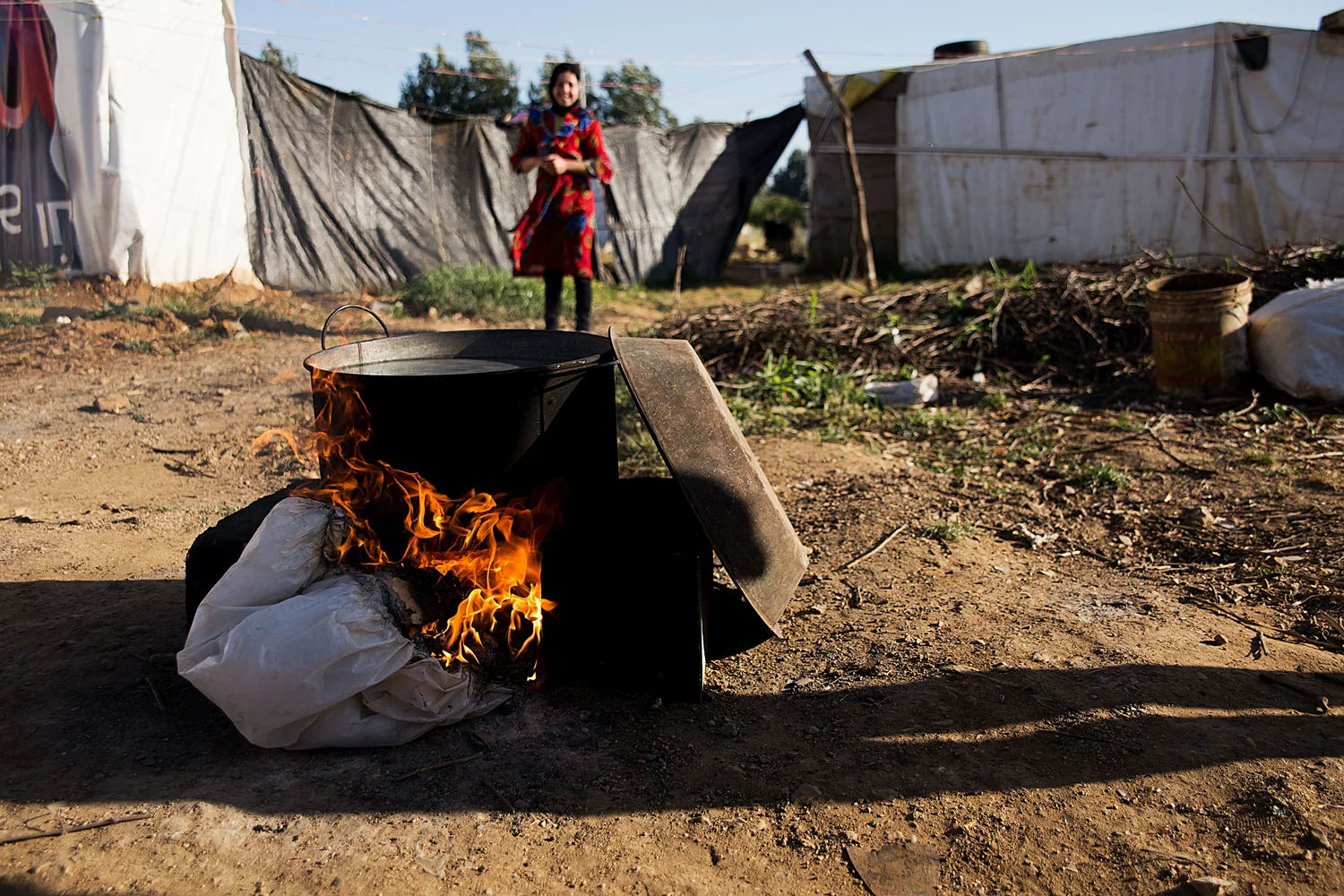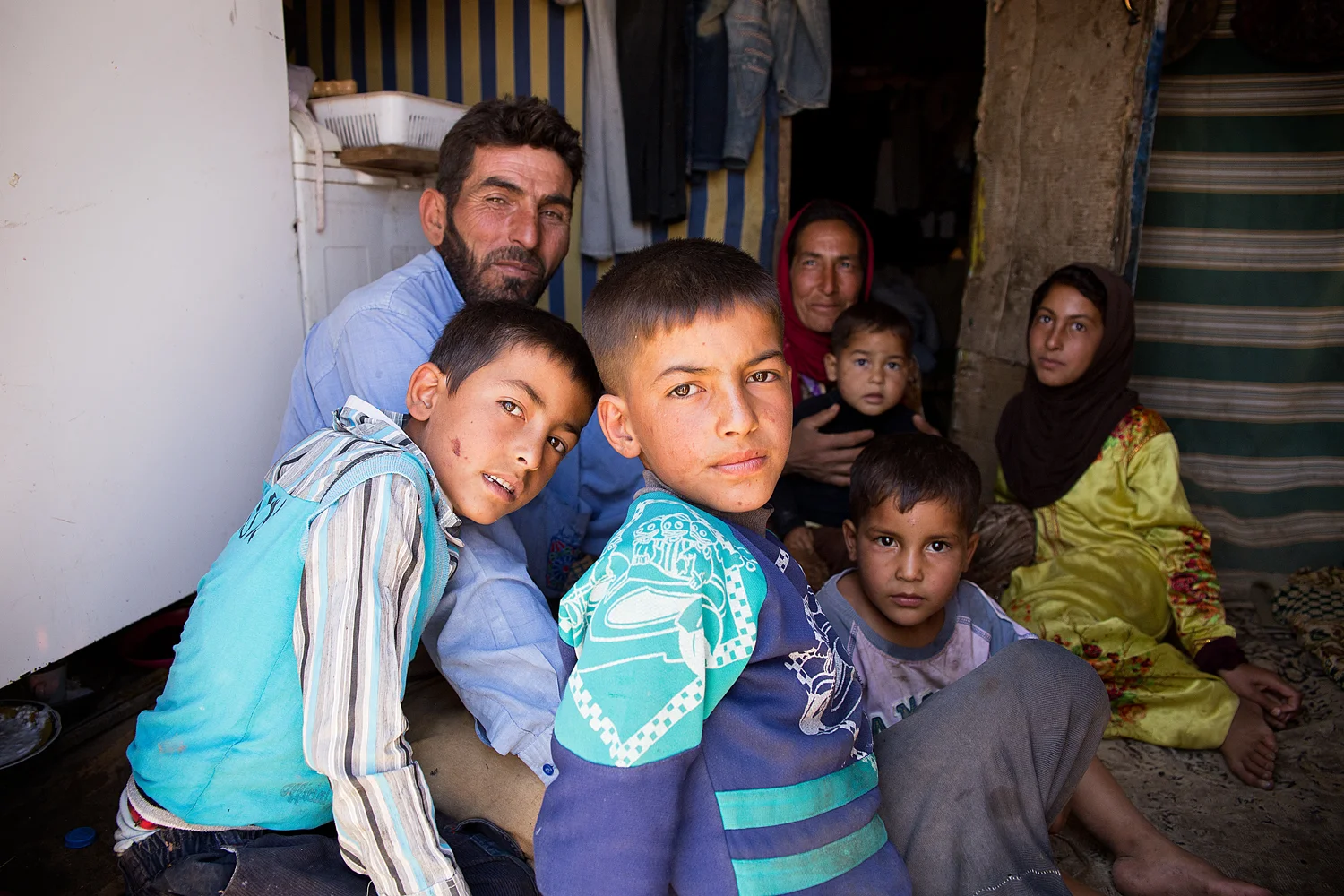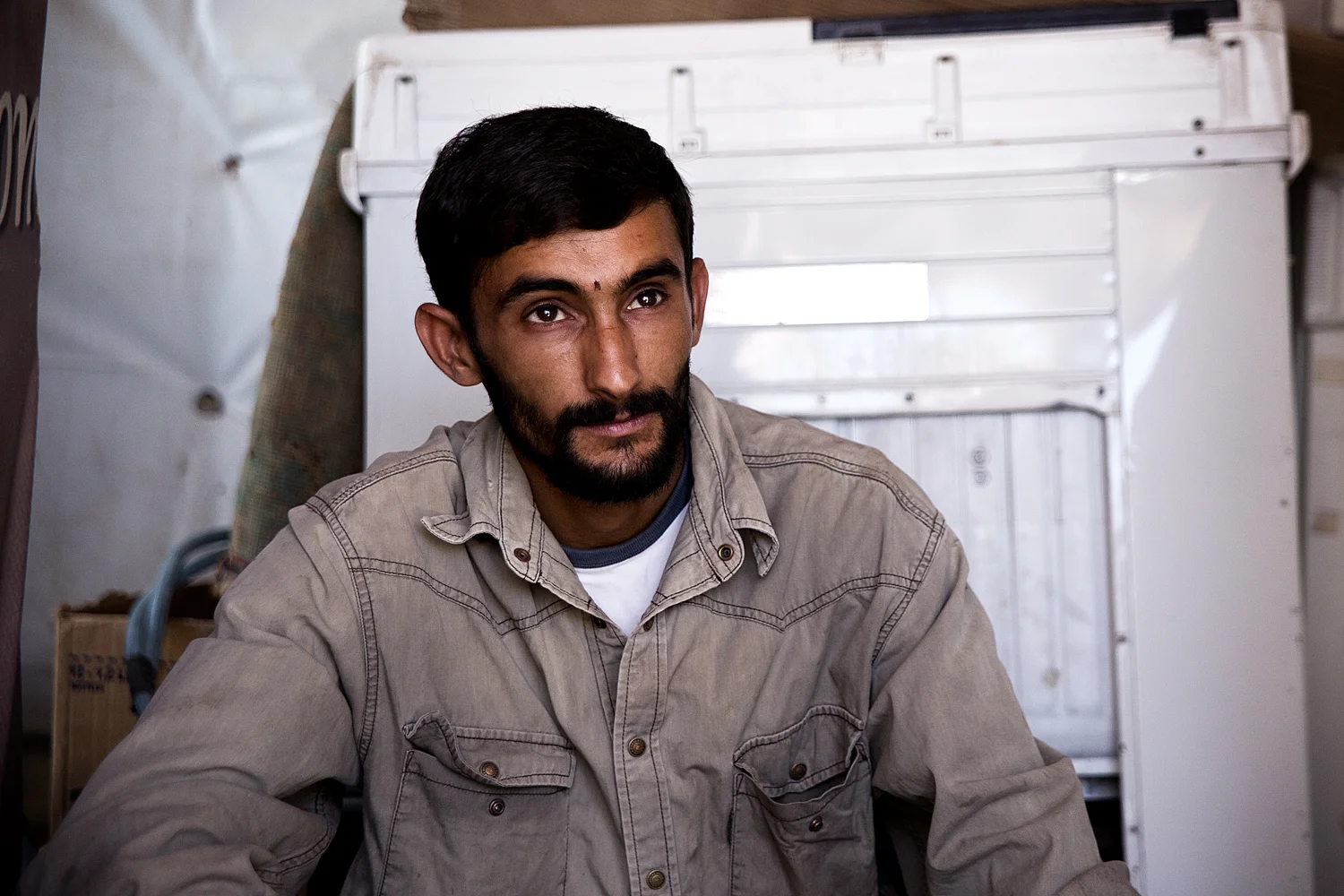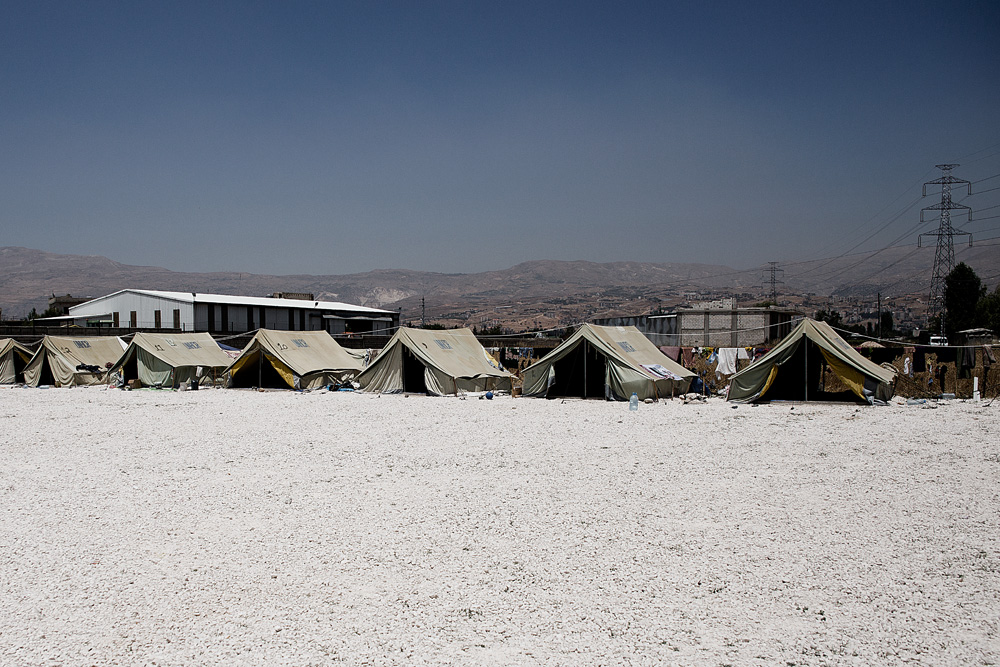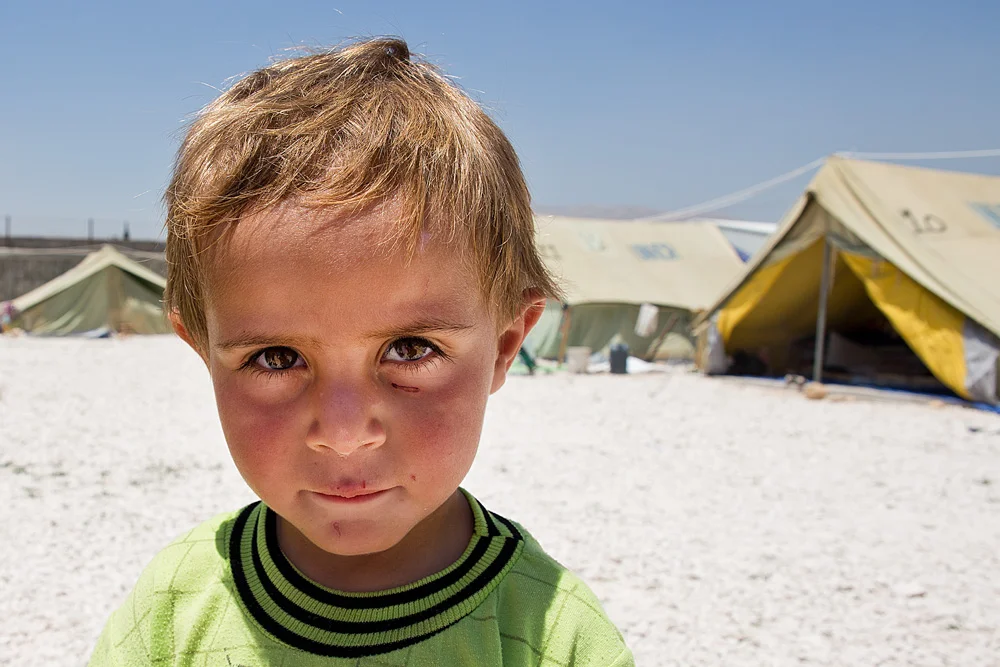“I’m sorry, but do you have something in vanilla?” is
just not something you can say to a smiling refugee who’s just offered you a
Fudgsicle, a refugee for whom that Fudgsicle could represent as much as 20
percent of a day’s pay. The refugee does
not want to hear that you’ve just never really been a “fan” of chocolate. The problem is you also can’t turn down the
Fudgsicle, at least not more than a couple times. It’s a cultural thing that’s not worth going
into here. So you take the
Fudgsicle. But that doesn’t mean you
enjoy the Fudgsicle. Quite the
contrary. You want to know what guilt
tastes like? It tastes like a
Fudgsicle.
Since the start of the Syrian crisis, refugees have poured into Lebanon's Bekaa Valley, drawn by ties to family and friends and the hope of finding employment on the farms that surround the local communities.
In most cases, they’ve found few opportunities for work. The sheer number of refugees – nearly 700,000 in Lebanon as of October 2013 – means abundant cheap labor, with those who can work earning only subsistence levels of pay. Some refugees work solely for the right to stay on the land and must move on when the work dries up.
NGOs estimate more than 250 unsanctioned tent settlements have sprung up across the country, where families as large as 16 sleep on thin, donated mattresses in one- and two-room shacks.
As the crisis in Syria drags on, the number of fresh arrivals continues to rise.
